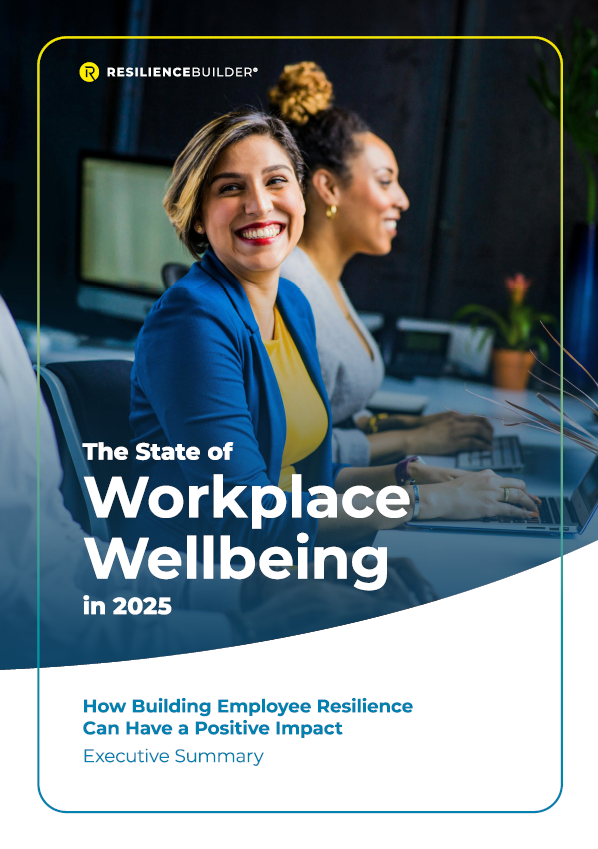
Organisations around the world are facing a growing crisis that significantly affects both employee wellbeing and business outcomes: rising levels of stress, sickness absence, burnout, turnover and attrition. These interconnected challenges not only negatively impact individual health but also erode organisational performance, culture and long-term sustainability. Our research set out to explore the scope and consequences of these issues and to examine the vital relationship between employee resilience and overall wellbeing.
Our focus was to assess the state of the workplace
and workforce wellbeing in 2025, with particular
attention to stress, burnout, sickness, turnover
and attrition. We also evaluated the availability and
effectiveness of wellbeing initiatives, including
programme content and delivery and the impact of
embedding resilience training and coaching.
Key Findings:
- The financial impact of stress and burnout is estimated to be over $322bn globally in terms of lost productivity, turnover and healthcare costs.
- Engagement fell to 21% in 2024 costing the world economy an estimated $438 billion in lost productivity.
- 88% of employees—particularly Gen Z and Millennials—see wellbeing as important as salary, which impacts retention and attracting new talent.
- Employees with high resilience are 9x more likely to perform at an optimal level and 12 times less likely to be impacted by burnout than those with low levels of resilience.
Workplace stress and burnout continue to rise, posing significant risks to employee wellbeing, productivity and organisational performance so this eBook is packed with insights to help you create a workplace th



